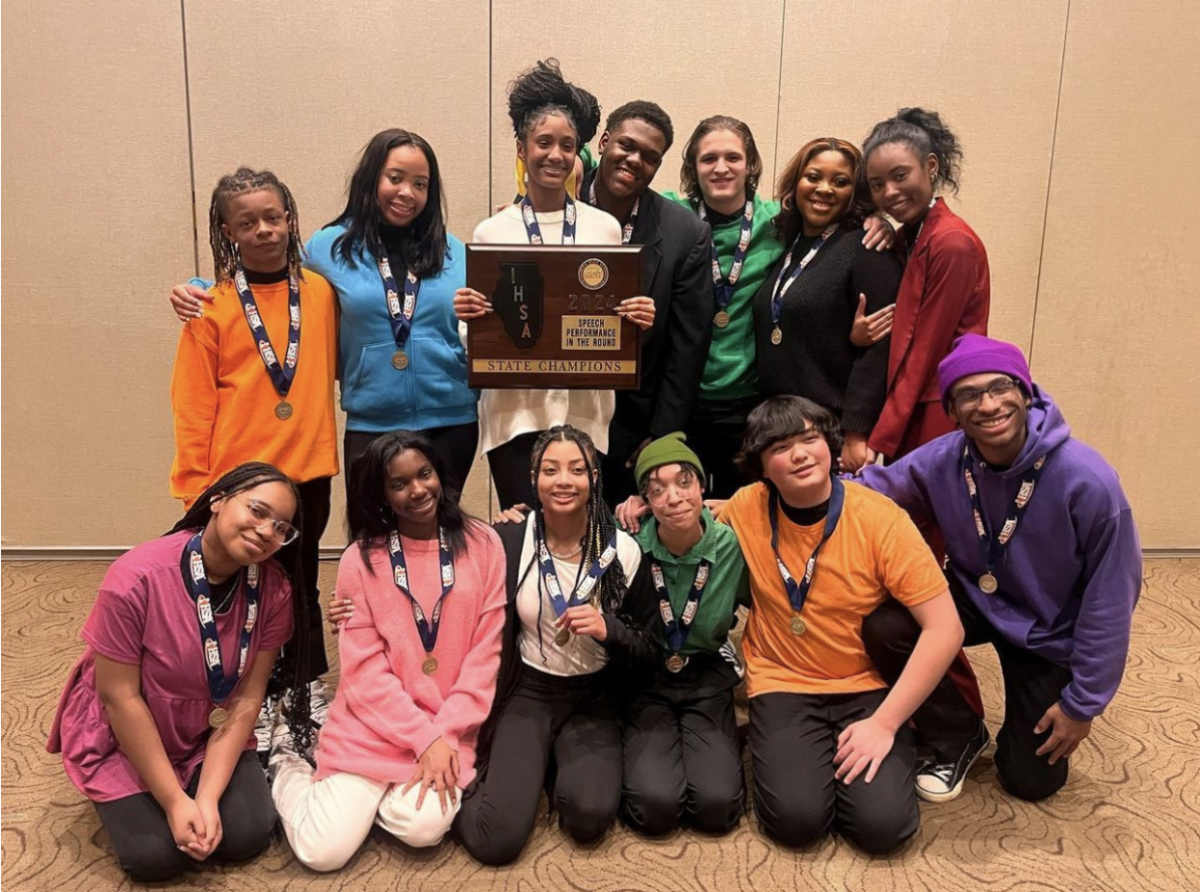Administration says it reduces distractions.
They say it helps us focus; it’s for the best.
But what do students have to say?
This school year’s hottest and most controversial topic of debate has got to be our new cell phone policy. I think it’s safe to say that I speak for all the upperclassmen when I say that it was unexpected and definitely shocking to see the infamous pocket that we all thought only existed in Kopy’s classroom, in every single room in the building.
Phones are rumored to be one of the greatest student distractions in the classroom, but are they really? In my four years in high school, I can’t say I’ve seen my peers pull their phone out while our teacher is talking, despite that being the automatic excuse appearing every time someone asks about the policy.
So, I checked in with a couple of upperclassmen that know what it’s like to have our phones in the pouches in class and they came back with some intriguing feedback.
A fellow senior called the pockets “insulting,” with them implying that we have no self control. After all, they asserted, we’re high school students. “Some of us are almost or already 18! Why are our phones not allowed to be in our backpacks? It shouldn’t be an issue unless someone is actively on it in class, and at that point, it’s that student’s problem, not the entire school’s. If it’s in our book bag it shouldn’t even matter.”
These seniors bring up good points, but, if it’s in our backpacks, how different is that from the pouches anyway?
The one issue that surfaced among all seniors was emergencies. If students had to get a hold of someone in a crunch, how would they do that? It’s still an unsolved mystery…
While they all make fine arguments against the policy, let’s take a look at what other students have to say in favor of it.
When questioned how they felt about it, a senior responded by saying it doesn’t really affect them much. If they never went on their phones in the first place, why would it bother them now? In fact, one senior said they thought they were more locked in this year because of the policy. I totally agree, if it comes down to good grades or having my phone in my pocket during class, you bet I’m always choosing the former.
Now, students weren’t the only ones with striking feedback. As a matter of fact, Mr. Crossley had a lot to say about the new cell phone policy.
When asked how the policy is going he replied that it’s going well and students are largely doing it. Students are more focused, more engaged, and that brings a lot more interaction into the classroom. All of this, he states, adds to a student’s level of learning.
Additionally, the administration found that when comparing last fall to this fall, the policy has definitely been a success from an academic standpoint.
Not only does the policy benefit student grades, but also student social life. Mr. Crossley said that peer interaction was a huge factor in creating the policy. Rather than focusing on phones in class free time, he really wanted students to talk to each other, share interests, and become closer to one another.
Clearly, despite some weariness, the cell phone policy does have its pros. It’s important to take into account all the good and the bad of this policy. While it may seem a little childish for a few of us, we could learn a bit from it too.
Maybe administration is onto something.











